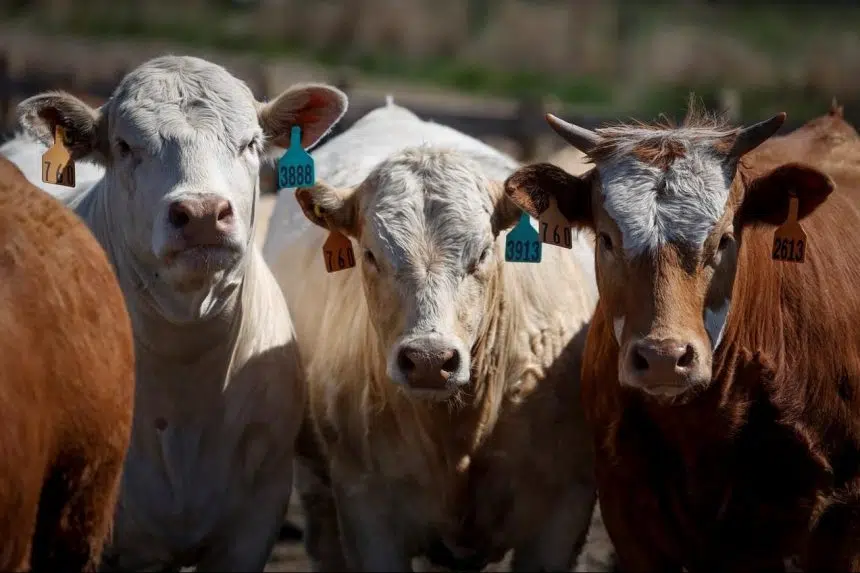Canadian beef producers got some good news Monday.
For the first time in two decades, Canadian processed beef will be welcome in Japan.
Canada will have full access to the Japanese market for the first time since 2003, when that country put restrictions on Canadian beef after the discovery of a case of mad cow disease in Alberta.
Japan previously loosened some restrictions in 2019, when it OK’ed imports of Canadian beef from cattle older than 30 months.
“Cattle producers are grateful for the removal of trade barriers for processed beef in Japan, our second-largest export market for beef,” Nathan Phinney, the president of the Canadian Cattle Association, said in a media release.
“Our industry will continue to support global food security by providing some of the most sustainable and highest-quality beef in the world. We look forward to continuing to work with the Government of Canada to further remove remaining trade barriers and expanding our trade capacity in the Indo-Pacific region.”
According to the federal government, the new Indo-Pacific Strategy will see Canada try to strengthen regional partnerships in hopes of expanding economic opportunities.
Under that plan, the Canadian Food Inspection Agency, with the support of Agriculture and Agri-food Canada, has been trying to create what the government called “the highest production standards and quality assurance of Canadian beef” to get back into markets like Japan.
The government said the Japanese market for Canadian beef and beef products had an estimated value of $518 million in 2022.
“The Canadian Meat Council is very pleased to see this expansion of our beef access to Japan,” Christopher White, the president and CEO of the Canadian Meat Council, said in the release. “Our members view this as a critical market for their products, including processed beef and beef patties.”
Under the Comprehensive and Progressive Agreement for Trans-Pacific Partnership, Japan’s 38.5 per cent tariff on beef imports (including things like ground beef patties) will decrease to 23.35 per cent on Saturday, and will fall to nine per cent by 2033.
Tariffs on other processed beef products will be reduced even more or, in some cases, eliminated completely.







